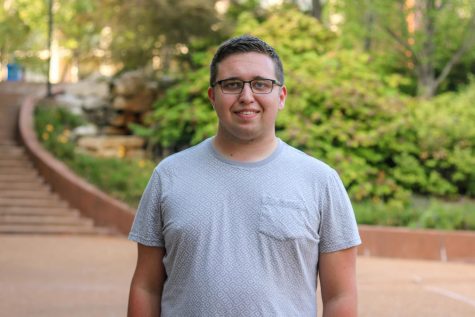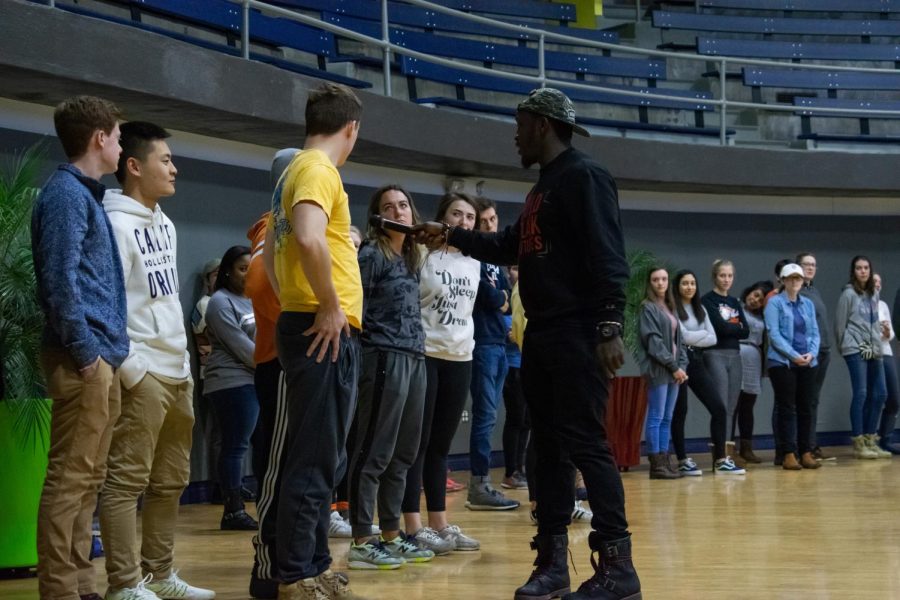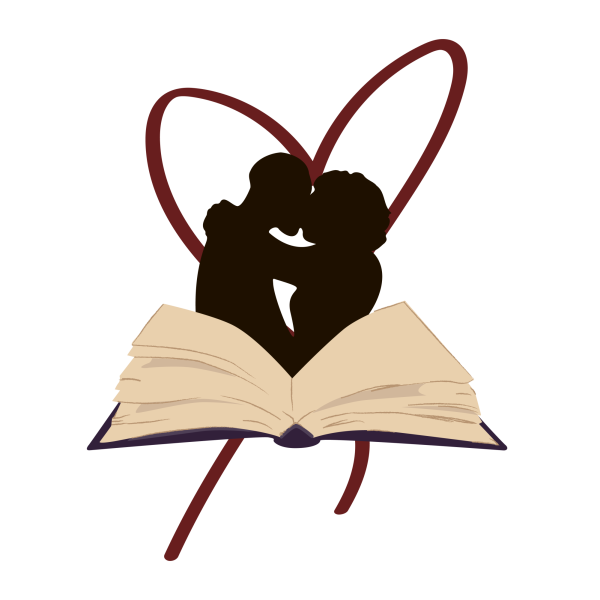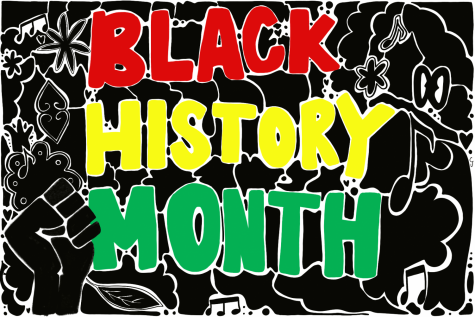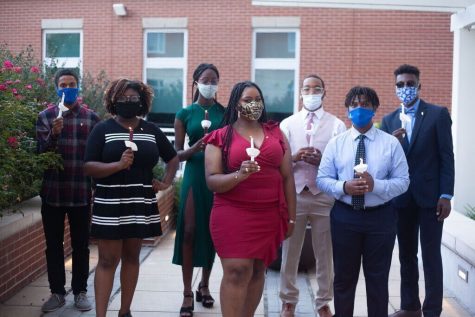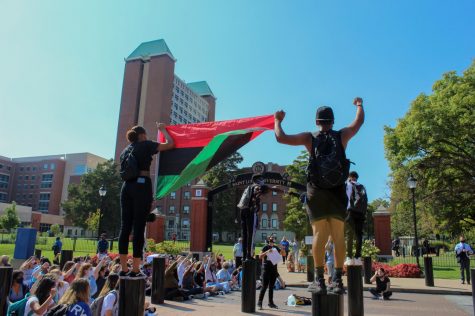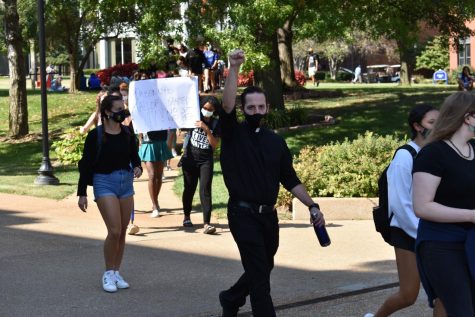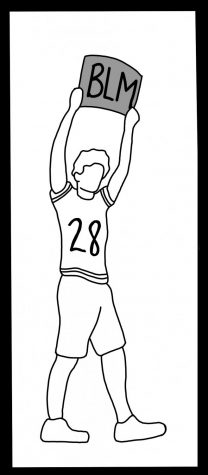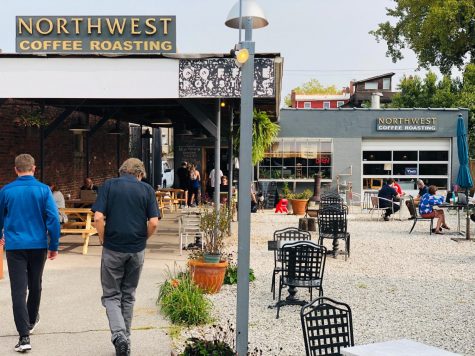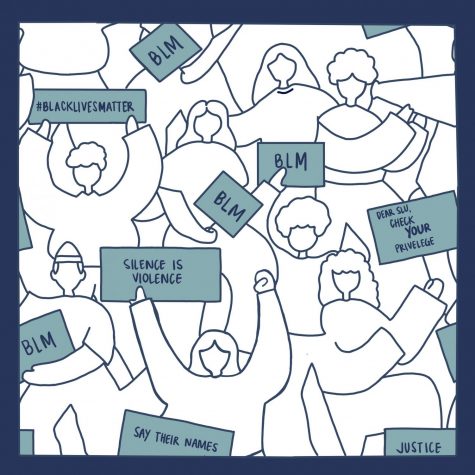Black AIDS Institute Speaks to SLU
Students gathered in the Center for Global Citizenship on Feb. 2 to listen to speakers Maxx Boykin and Lestian McNeal from the Black AIDS Institute. The speech was meant to raise awareness for issues plaguing black communities, such as over-policing, HIV criminalization, and the war on drugs.
When the event began, audience members were asked to stand in the back of the room and perform a “privilege walk.” One of the speakers would name something that happens to underprivileged Black communities, and if an audience member had never experienced it, they would take a step forward.
By the end of the privilege walk, most of the white students were standing toward the front, while the black students were standing toward the back.
Once a perspective was established, the audience sat back down. Following the privilege walk was an informative presentation on issues faced by black communities that are often unknown, unreported or even watered down. The key speaking point was the criminalization of HIV.
As laws currently stand, exposing another person to HIV is a felony punishable by up to 30 years in prison. The only defense is to tell your partner that you are HIV positive, something only testifiable by word of mouth, and therefore unreliable. According to studies conducted by the CDC, black people of all genders make up 43 percent of new HIV cases due to lack of education and affordable healthcare. The speakers of the event also said that black people are more likely to face prison time for having HIV, even if they’re taking medication to control it.
The Black AIDS Institute works to stop the spread of HIV and AIDS in black communities by working alongside black leaders and institutions to spread awareness, advocate for health policies and offer health screening for HIV, STIs and Hepatitis C. Their stance on the legality of HIV is that it should be treated as a disease rather than a felony.
HIV legalization is an issue that is rarely spoken of, but still controversial. In 2017, California passed a bill that made knowingly spreading HIV a misdemeanour rather than a felony. Although to some this was a step forward, others have raised concerns about underestimating the severity of HIV.
Senator Joel Anderson voted against the bill, saying “If you purposely inflict another with a disease that [permanently alters their lifestyle], puts them on a regimen of medications to maintain any kind of normalcy, it should be a felony.” However, supporters of the bill argue that women who participate in prostitution are disproportionately affected by criminal charges, even in cases where the disease is not transmitted, according to the LA Times.
As the night went on, Boykin and McNeal talked more about other issues facing black communities and eventually ended with a Q&A session.
According to College Factual, SLU is 72.6 percent white students, making an event on issues predominantly faced by black communities insightful to the students in attendance. The speakers were well-versed on topics like over-policing, HIV Criminalization and the war on drugs — but they were particularly skilled at explaining privilege to the SLU community.
Your donation will support the student journalists of Saint Louis University. Your contribution will help us cover our annual website hosting costs.
